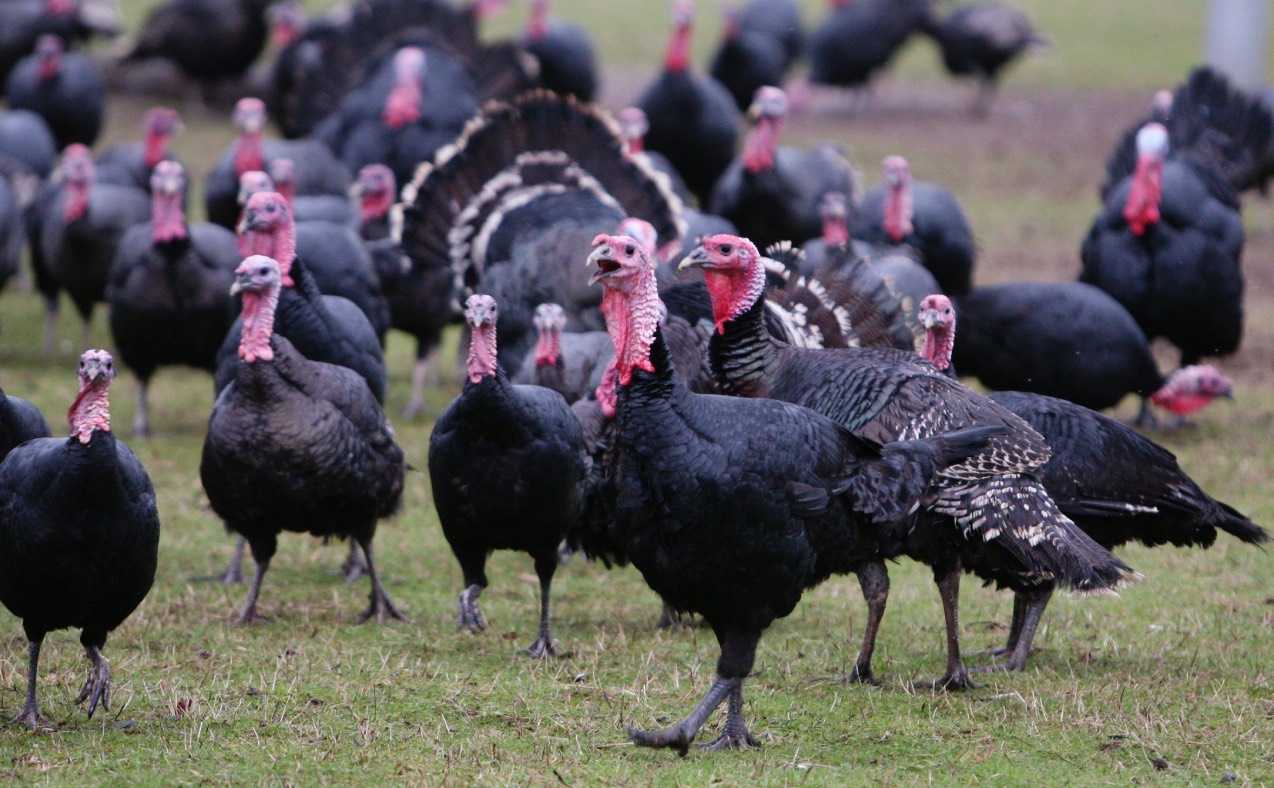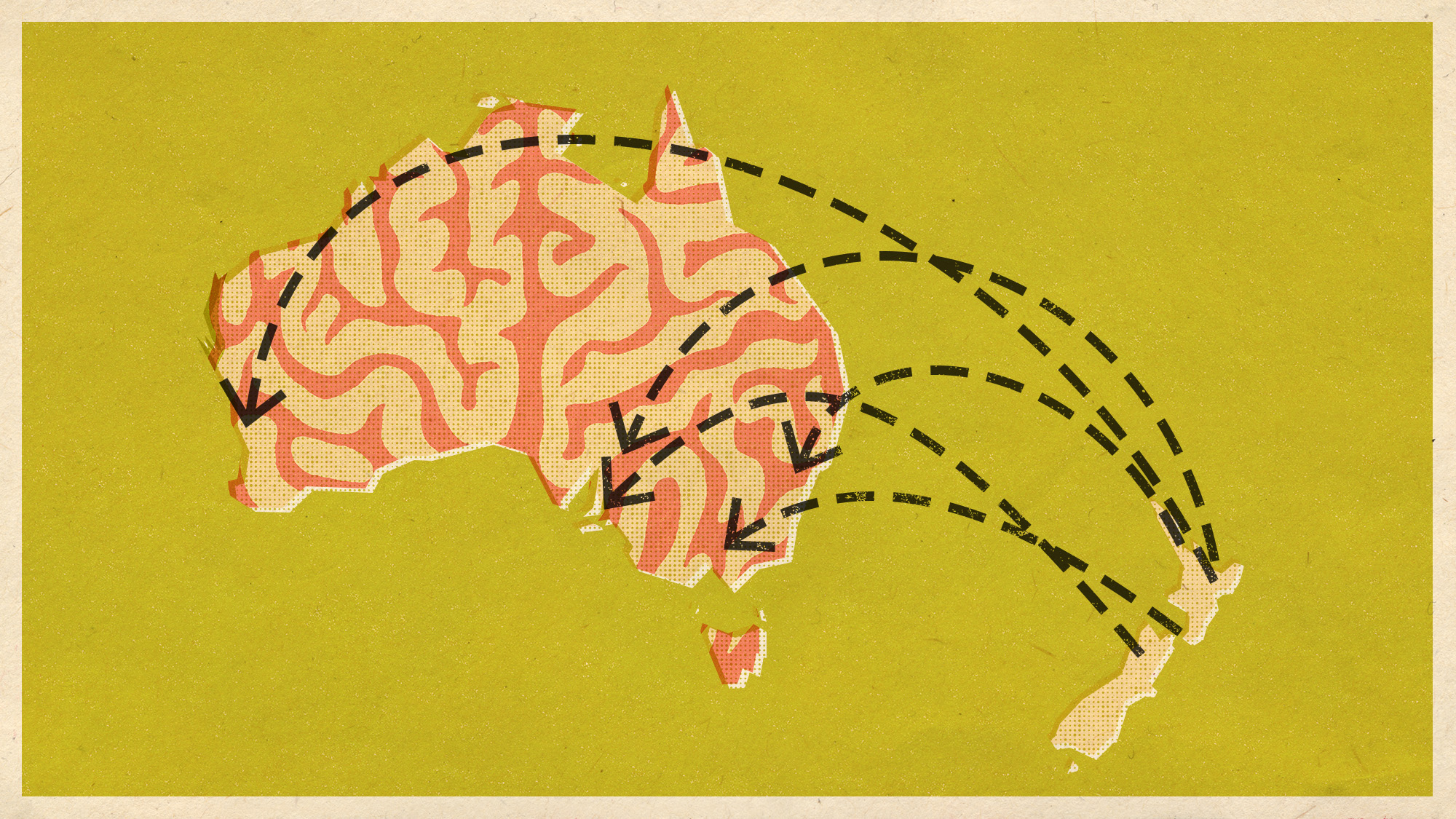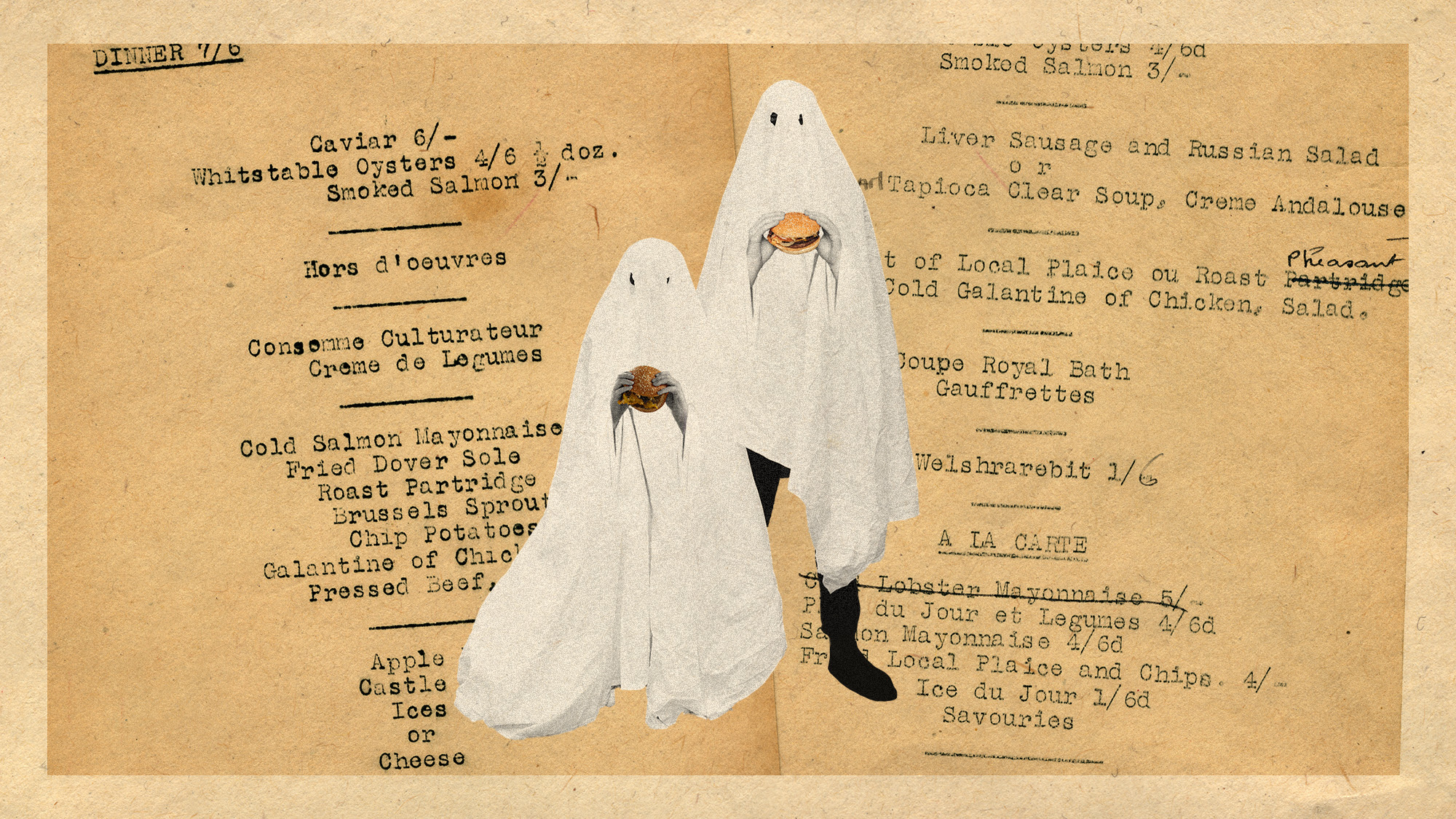Brexit and Covid threaten Christmas turkeys
Supply is predicted to drop by 20% this festive season owing to staff shortages

A free daily email with the biggest news stories of the day – and the best features from TheWeek.com
You are now subscribed
Your newsletter sign-up was successful
Brexit is being blamed for staff shortages that poultry producers warn may lead to a lack of turkeys this Christmas.
The Independent reported this week that the restaurant chain Nando’s had been forced to shut 10% of its outlets as a result of staffing issues at its suppliers’ factories and a shortage of HGV drivers.
And now there is a crisis in the turkey sector. The British Poultry Council said its members reported that one in six jobs were unfilled because EU workers left the UK after Brexit.
The Week
Escape your echo chamber. Get the facts behind the news, plus analysis from multiple perspectives.

Sign up for The Week's Free Newsletters
From our morning news briefing to a weekly Good News Newsletter, get the best of The Week delivered directly to your inbox.
From our morning news briefing to a weekly Good News Newsletter, get the best of The Week delivered directly to your inbox.
The Guardian reported that the supply of turkey is already down by around 10% but could decline by as much as 20% by Christmas because bosses may be unable to bring in the usual number of seasonal workers.
Paul Kelly, managing director of turkey producer KellyBronze, said it would be “financial suicide” if companies hatched turkeys without enough workers to deal with them in time for the nation’s Christmas dinners. “Turkey after Christmas Day is worth nothing,” he said.
The situation is “hugely serious”, said Mark Gorton, managing director of Traditional Norfolk Poultry. “The big problem we’ve got at the moment is labour,” he told ITV. “We simply cannot find people to run our farms and run our factory.”
Ranjit Singh Boparan, founder of 2 Sisters Food Group, said Brexit had “acutely reduced available workers across the food sector” with entry-level jobs hardest to fill. He also blamed the soaring cost of ingredients, wage inflation and Covid-related absences.
A free daily email with the biggest news stories of the day – and the best features from TheWeek.com
However, the Unite union said that neither Brexit nor Covid were to blame for staff shortages. Instead, said Bev Clarkson, Unite’s national officer for food, drink and agriculture, the problem is the “terrible pay and working conditions that make the meat-processing industry one of the worst places to work in the UK”.
The issue of staff shortages at Christmas certainly predates Brexit and Covid. In 2018, The Guardian said “people don’t want to work in abattoirs any more”, leaving some 10,000 positions unfilled at slaughterhouses.
-
 How the FCC’s ‘equal time’ rule works
How the FCC’s ‘equal time’ rule worksIn the Spotlight The law is at the heart of the Colbert-CBS conflict
-
 What is the endgame in the DHS shutdown?
What is the endgame in the DHS shutdown?Today’s Big Question Democrats want to rein in ICE’s immigration crackdown
-
 ‘Poor time management isn’t just an inconvenience’
‘Poor time management isn’t just an inconvenience’Instant Opinion Opinion, comment and editorials of the day
-
 What's Jeff Bezos' net worth?
What's Jeff Bezos' net worth?In Depth The Amazon tycoon and third richest person in the world made his fortune pioneering online retail
-
 Can the UK avoid the Trump tariff bombshell?
Can the UK avoid the Trump tariff bombshell?Today's Big Question President says UK is 'way out of line' but it may still escape worst of US trade levies
-
 Five years on, can Labour's reset fix Brexit?
Five years on, can Labour's reset fix Brexit?Today's Big Question Keir Starmer's revised deal could end up a 'messy' compromise that 'fails to satisfy anyone'
-
 Christmas trees: losing their magic?
Christmas trees: losing their magic?In the Spotlight Festive firs are a yuletide staple but are their days numbered?
-
 'Brain drain' fear as record numbers leave New Zealand
'Brain drain' fear as record numbers leave New ZealandUnder The Radar Neighbouring Australia is luring young workers with prospect of better jobs
-
 Ghost kitchens are pulling a disappearing act
Ghost kitchens are pulling a disappearing actunder the radar The delivery-only trend is failing to live up to the hype built up during the pandemic
-
 Why au pairs might become a thing of the past
Why au pairs might become a thing of the pastUnder The Radar Brexit and wage ruling are threatening the 'mutually beneficial arrangement'
-
 The birth of the weekend: how workers won two days off
The birth of the weekend: how workers won two days offThe Explainer Since the 1960s, there has been talk of a four-day-week, and post-pandemic work patterns have strengthened those calls